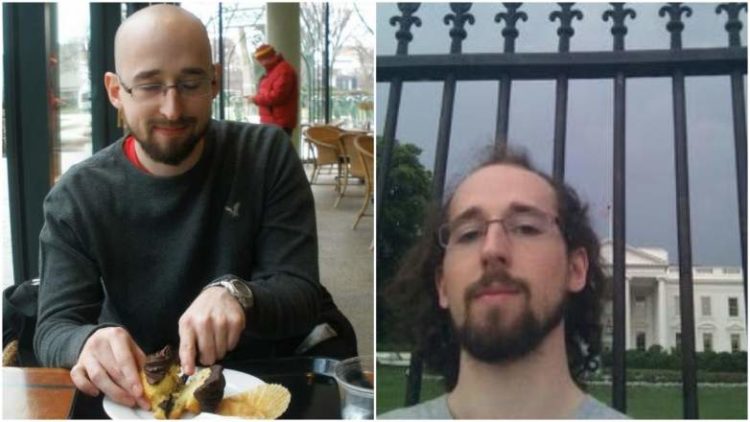The suspect in the CIA’s hacking tools release onto WikiLeaks is a former agency computer programmer, a black eye for the organization as it details all of the cyber weapons arsenals according to court documents that have been released.
Joshua Adam Schulte, the former agency programmer has not been charged with stealing or passing along the secret documents, however. Instead, he is being held in Riker Island jail on child pornography charges as the government investigates how the files were spirited off to WikiLeaks, which posted the stolen documents in March 2017.
Meanwhile, Schulte’s lawyers have protested that numerous government search warrants that gave investigators access to the suspect’s personal electronic devices were based on false information and failed to turn up “any connection to the WikiLeaks investigation,” according to a court hearing transcript from January.
Government prosecutors disputed the characterization, countering in the hearing that Schulte “remains a target of that investigation.”
Schulte first came to the attention of investigators just days after WikiLeaks initially posted the cache, known as Vault 7, which contained roughly 8,000 documents detailing how the CIA could transform smartphones and even internet-connected TVs into spying devices.
“The FBI believed that Mr. Schulte was involved in that leak,” one of Schulte’s attorneys said, according to the court transcript. The Washington Post first reported the court filing linking Schulte to the leak, and the Post and The New York Times reported his CIA employment.
If Shulte is found to be responsible for the Vault 7 theft, it would represent a major victory for U.S. intelligence agencies, which have struggled to keep a lid on their most sensitive documents in recent years — and to publicly explain how the most embarrassing breaches occurred.
Recent leaks from both the CIA and the National Security Agency have particularly rattled the intelligence community as they came after the Obama administration installed new provisions to clamp down on insiders shuttling secrets out of the building.
The problem with prosecuting a trial such as this within the court system is that in bringing the evidence in open court will normally entail revealing even more government secrets. They’ll hold the suspect on these unrelated charges until they decide how much information they plan to release.
To read the entire article from Politico, click here:
Photo courtesy Wikipedia










COMMENTS